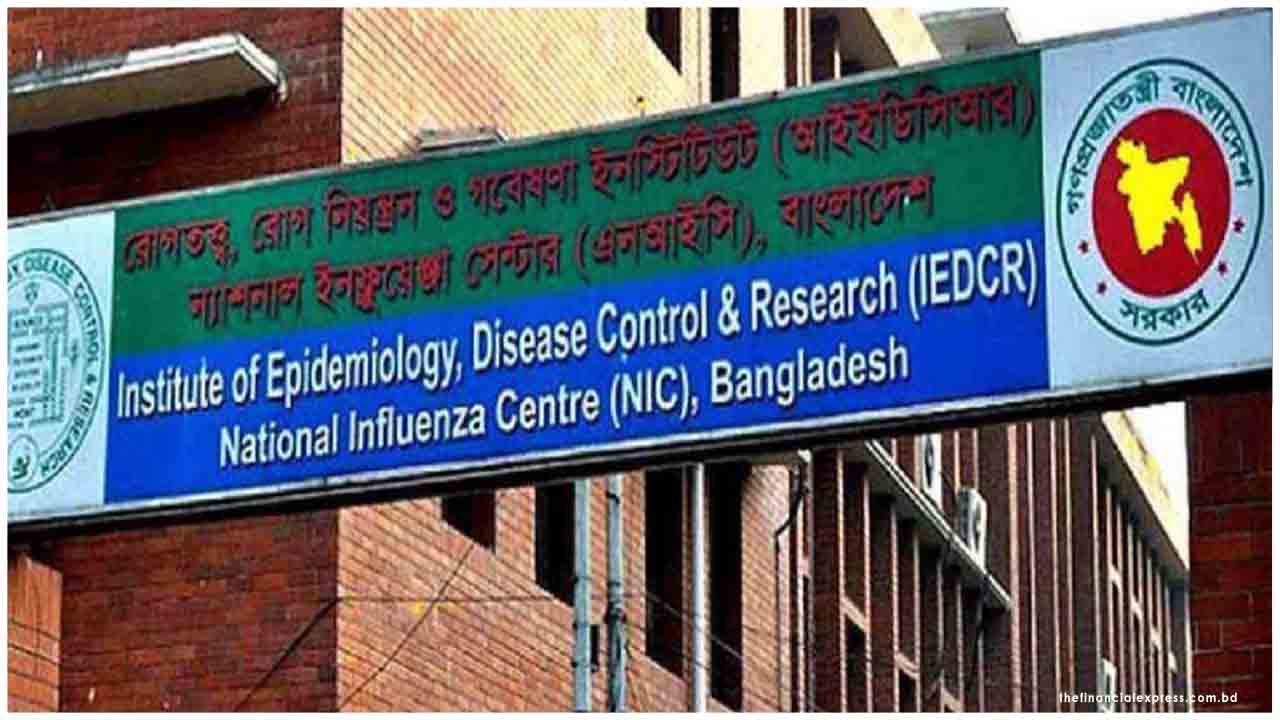Nearly 45 per cent of people in Dhaka have been found to be carrying COVID 19 antibody. The finding is based on a study conducted by the Institute of Epidemiology, Disease Control and Research (IEDCR), Bangladesh and International Centre for Diarrhoeal Disease Research, Bangladesh.
According to the study, the presence of COVID-19 antibodies was about 74 per cent among slum dwellers of Dhaka.
The study also found that 82 per cent of the COVID-19 cases were asymptomatic in the city.
During the programme organised to present the findings of the study on 12th Oct, Dr Ferdausi Qadri, senior scientist of the icddr,b, said that the rate of seropositivity among the study population of Dhaka indicates people have started developing herd immunity against the Covid-19.
However, calling it scientifically and ethically problematic, WHO warned against allowing the COVID-19 virus to spread in the hope of achieving ‘herd immunity’. The WHO Chief Tedros Adhanom Ghebreyesu said in Geneva that herd community is a concept used for vaccination, in which a population can be protected from a certain virus if a threshold of vaccination is reached, reports AFP. He said that never in the history of public health has herd immunity been used as a strategy for responding to an outbreak, let alone a pandemic.
In the meanwhile, the death toll due to COViD-19 in Bangladesh has gone more than 5,500. According to Directorate General of Health Services (DGHS), till 12th Oct, 3.79 lakh people in Bangladesh have been found to be corona positive. The recovery rate has however improved to 77.52 per cent in the country.
Meanwhile, Government of Bangladesh has issued health guidelines to be followed during the forthcoming festival in view of the Corona pandemic.
In Bangladesh the 5-day long Durga Puja celebration will begin on October 22 and conclude on October 26 with the immersion of the idols.
In a press release issued by the Department, the organisers of the Durga Puja have been asked to ensure that the entry and exit to the mandaps are kept separate.
Arrangements for men and women coming to the Puja venues are also to be kept separate. The guidelines require visitors to the Puja mandaps to wear masks. No entry to be allowed into the Puja venue without a mask. It says that the devotees should maintain a minimum distance of 3 feet between themselves. The garland and flower offering should also be done keeping in mind the health guidelines.
The entrance to the Puja venue should have arrangements for hand washing, sanitiser and thermal scanners for temperature measurement of people coming to the mandaps. The guideline prohibits entry of people with cough, cold, fever or shortness of breath into the Puja venue. The distribution of prasad, arti-competition and ‘Shobhayatra’ procession have also been prohibited during the Puja. Except for the religious rituals required for Puja, no other function like the cultural programme is to be organised during the Puja.

 The study also found that 82 per cent of the COVID-19 cases were asymptomatic in the city
The study also found that 82 per cent of the COVID-19 cases were asymptomatic in the city










.jpeg)

.jpeg)
.jpeg)

.jpeg)


.jpeg)



.jpeg)
.jpeg)
.jpeg)


.jpg)


.jpeg)
.jpeg)